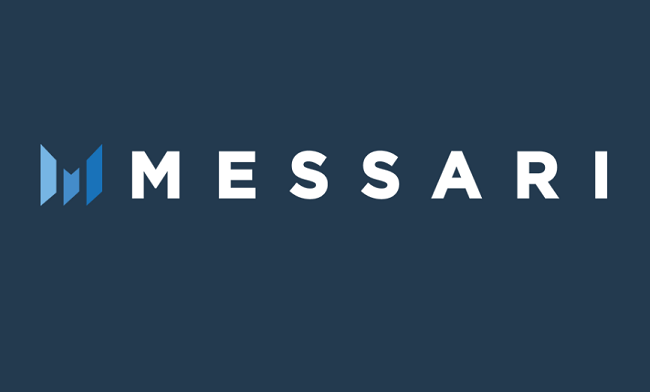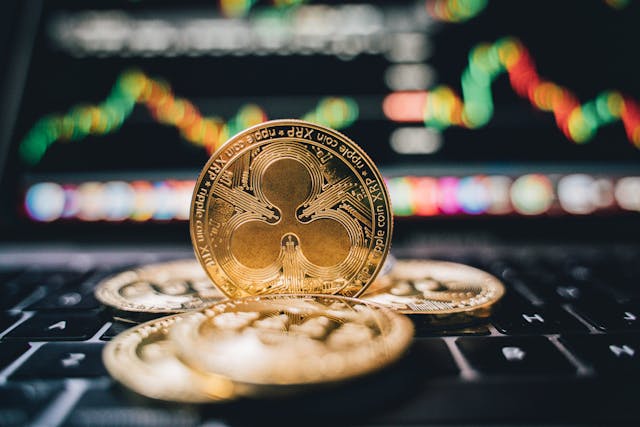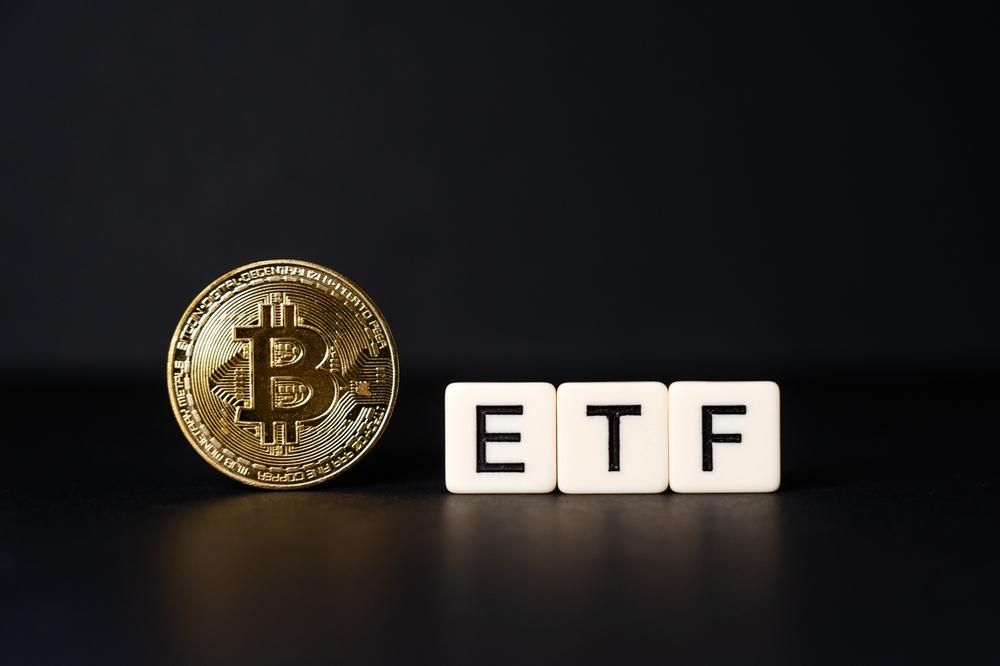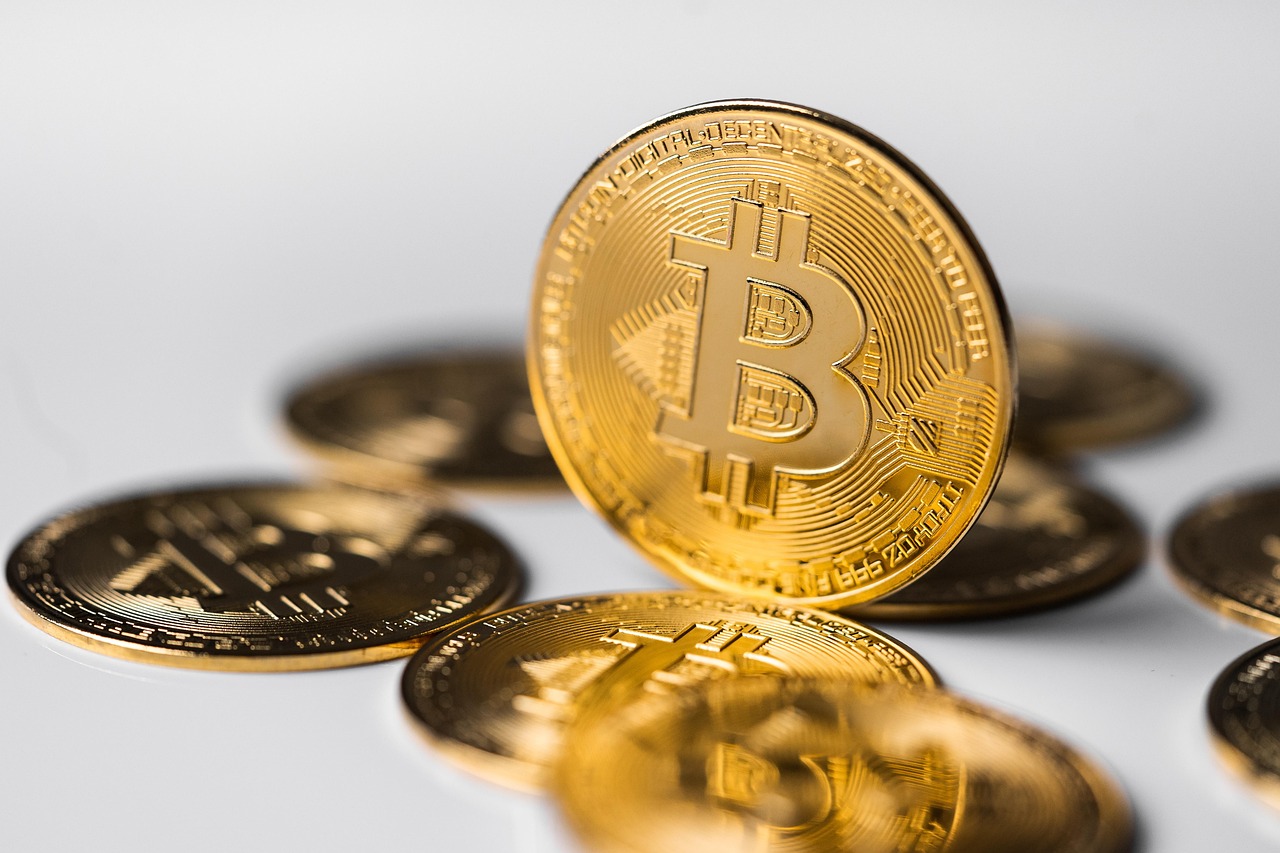Ryan Selkis, the influential CEO of Messari, provided a fresh perspective when he enthusiastically endorsed a groundbreaking cryptocurrency legislation drafted by Republicans. Selkis expressed that this initiative surpassed any other crypto-related bills submitted to the US Congress thus far.
The legislation, known as "Digital Asset Market Structure" or DAMS, was introduced on June 1. Its objective is to bridge the regulatory gap between the US Commodity Futures Trading Commission (CFTC) and the Securities Exchange Commission (SEC) regarding cryptocurrency matters.
Selkis shared his viewpoint during a Twitter Spaces event hosted by Coinbase on June 7, applauding Representatives Patrick McHenry and Glenn Thompson for their efforts in outlining how tokens can achieve regulatory compliance through decentralization without immediately triggering securities legislation.
The CEO of Messari expressed curiosity about how early-stage cryptocurrency tokens could temporarily comply with securities regulations until they achieve a satisfactory level of decentralization. He also acknowledged the prior work of Hester Pierce, the former chair of the SEC, who introduced the "Safe Harbor" proposal in February 2020.
In August of the previous year, Congress received the Digital Commodities Consumer Protection Act, a bill proposed in response to the FTX fallout, aimed at implementing stricter oversight over the growing crypto space.
In addition to Selkis, TuongVy Le, the regulatory and policy chief at Bain Capital Crypto, also acknowledged the merit of DAMS, highlighting how it provides cryptocurrency issuers with a "route to regulatory compliance." Le further emphasized that while issuers strive for compliance, the SEC may still take legal action against them.
This discussion surrounding the new bill comes in the wake of recent lawsuits filed by the SEC against two major cryptocurrency exchanges, Binance and Coinbase, for allegedly violating securities laws by offering unregistered securities as tokens. The SEC currently classifies 67 cryptocurrencies as securities, including Cardano, Solana, Cosmos, Aave, and Binance Coin.

























Comment 0